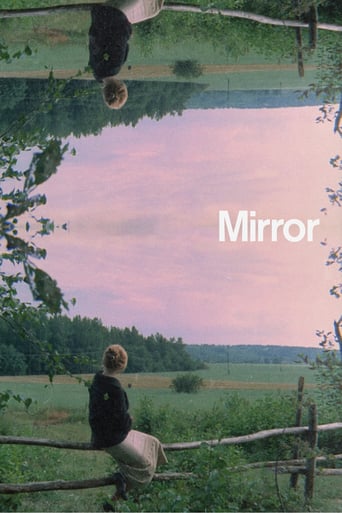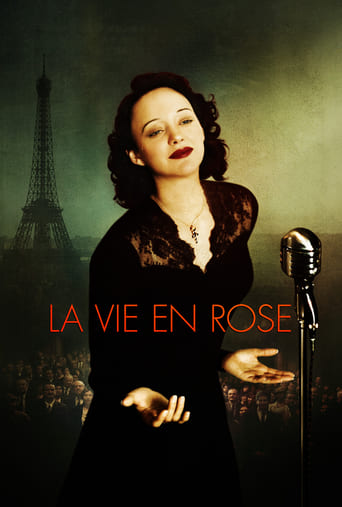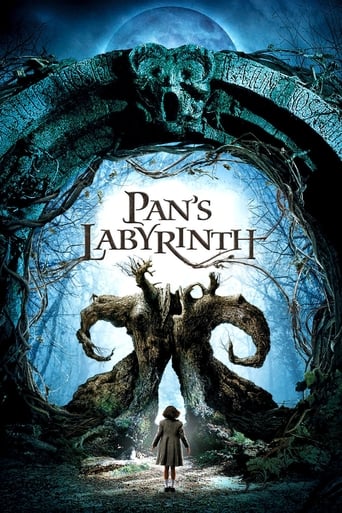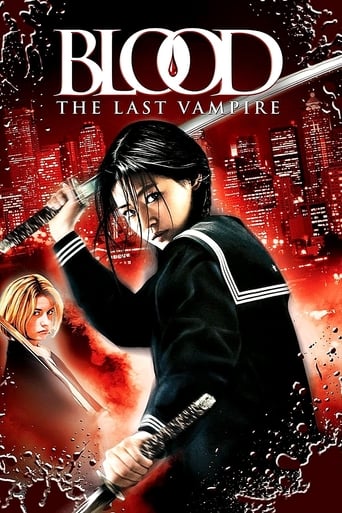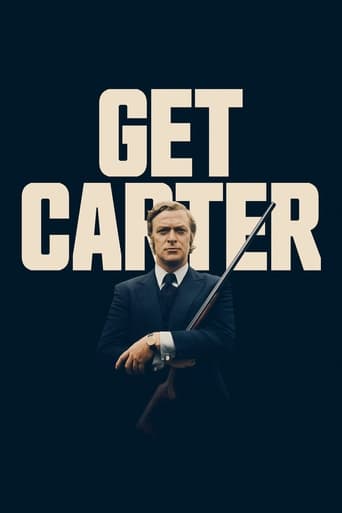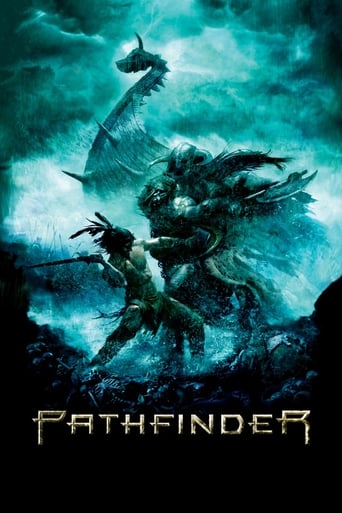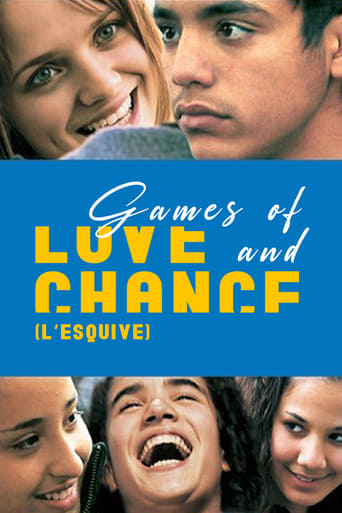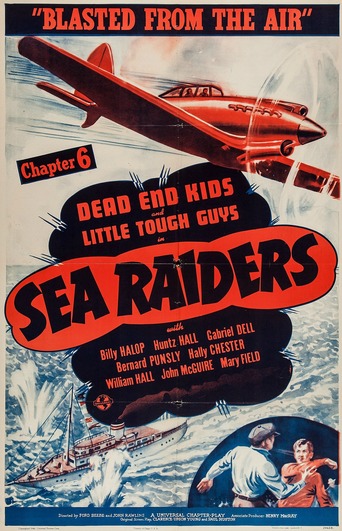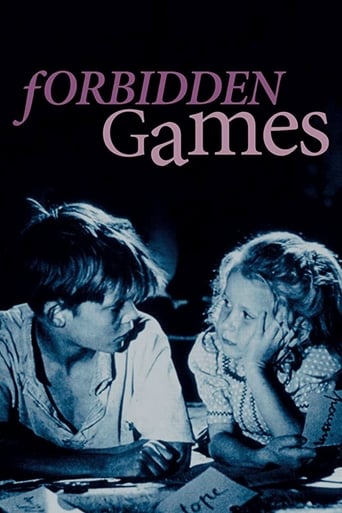
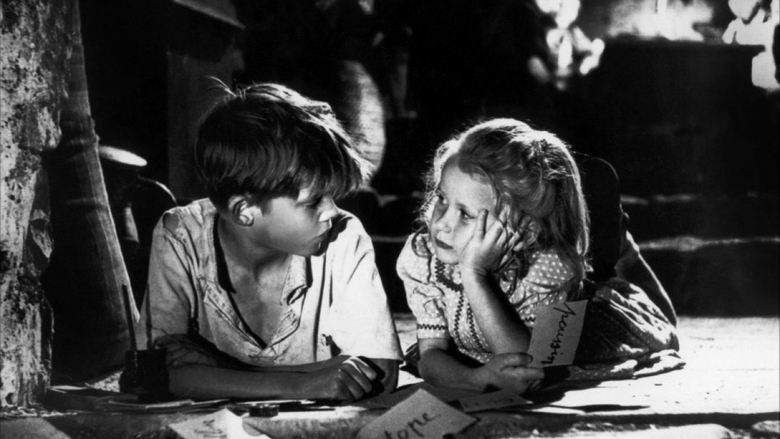
Forbidden Games (1952)
Orphaned after a Nazi air raid, Paulette, a young Parisian girl, runs into Michel, an older peasant boy, and the two quickly become close. Together, they try to make sense of the chaotic and crumbling world around them, attempting to cope with death as they create a burial ground for Paulette's deceased pet dog. Eventually, however, Paulette's stay with Michel's family is threatened by the harsh realities of wartime.
Watch Trailer
Cast


Similar titles
Reviews
With an intriguing title like "Forbidden Games", I certainly would have hoped that this 1952, foreign film would have proved to be a bit more interesting than it was.This was one of those films that seemed to be specifically aimed at a mature, adult audience, yet its story was so intensely focused on the activities of 2 children that it repeatedly had me wondering what the hell the point was that director Rene Clement was trying to get across to me here.Set in the year 1940 (during Germany's occupation of France in WW2) - Forbidden Games was not only some of the driest, mundane and unimaginative storytelling that I've seen in quite some time - But the incessant spotlight that its story shone onto the subject of religion seriously began to grate on my nerves like you wouldn't believe.It truly amazes me that this nothing-of-a-movie actually won an Oscar for "Best Foreign Film" of that particular year.
Luis Bunuel meets Frank Capra. If it wasn't for the ambiguous ending I would have given it ten stars. A dramatic, riveting account of two, very human, French rural families who snap and gripe at each other but exhibit caring and love when a 6-year old orphan girl is brought unexpectedly into their lives. The girl, whose parents were killed during an air raid on column of refugees fleeing Paris in 1940 as the Nazi were about to overrun France, is found on the road and befriended by the young 10-year old son of one family. The two children try to deal with the actuality and meaning of death while confounding the two families with their behavior (they create a secret cemetery for dead animals and steal crosses from the local cemetery to mark each animal grave.) The acting by 6-year old Brigitte Fossey is one greatest performances by a child actor ever, and it is an understatement to call it mesmerizing.
Wonderful story, beautifully shot and acted. The perfect blend of comedy and tragedy, like human nature is.The war scenes throughout are nicely done and realistic--a great weaving in of stock footage.Some scenes of horror and many of laugh-out-loud comedy, but all based in reality (not slapstick).The lead child actors are both totally believable as are their adult counterparts.Although the film resolves around death, it is never depressing--unless you consider the fact that humans repeat their mistakes generation after generation.If you have the release with the Disneyesque alternative open and closing, don't watch them. Although the film was never released with these, they have stuck in my mind and cheapened the film for me. Without them the film is perfect and one of the best I've seen.
Paulette is a six-year-old blond girl who, with her parents and her little dog, are part of a stream of refugees fleeing the advancing Germans early in World War II. The crowd is bombed and strafed and Paulette wanders off, an orphan, with her dead dog in her arms.She is taken in by a family of farmers with rather rudimentary values. They're plain spoken sons of the soil and they give her a bed (over the protests of one of the sons whose blankets are being appropriated) and treat her casually as one of the family.Paulette befriends Michel, the son who is a few years older than she. He suggests they bury her dog, already in rigor. But why?, asks Paulette. Well, it keeps him out of the rain. But won't he be lonely? Well, we'll get him some company. And they begin collecting small dead animals and burying them in the secret animal cemetery they've created. But they need crosses to put on the graves. Why? Well, that's the way it's done. So they begin stealing crosses from all over the place -- including the church and the cemetery. This leads to an uproar which is resolved by the police, who show up and politely take Paulette off to an orphanage. But all Paulette wants is to return to Michel.It may sound like a tear jerker but it's rather more than that. Paulette knows nothing of death, and Michel hardly more. He mistakes the rituals -- the prayers, the icons, the graves -- for the thing behind the rituals.For that matter, the adults seem to miss the point as well. One of the older sons has been run over by a horse-drawn cart and it takes him several days to die in his bed. He's not ignored. Michel reads the newspaper to him. But his condition and his future are treated casually, as if it were an everyday, humdrum events. "Look, he's spitting up blood now. We'll have to wash the sheets." The father misses the funeral mass because he's distracted by a loose board in the floor of the hearse and is busy fixing it outside the door.And when the crosses begin to disappear, the father accuses a neighboring family of stealing them and a comic fist fight follows. In the middle of the most brutal war in human history, a war in which tens of millions will be slaughtered, two simple-minded men are battling each other over mutual accusations which are both trivial and false.I'm not certain about the end. I don't really know that Paulette has learned very much about death, it's moral significance or its utter permanence. And I don't know that Michel's view of the world is any more sophisticated. But the incongruity between these petty gripes and insect deaths on the one hand and the historical reality of their situation holds the film together.The dead little dog aside, it's a moving film.





